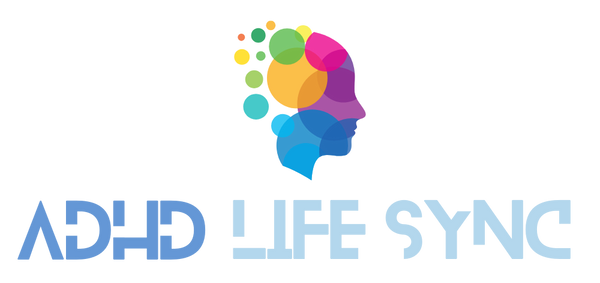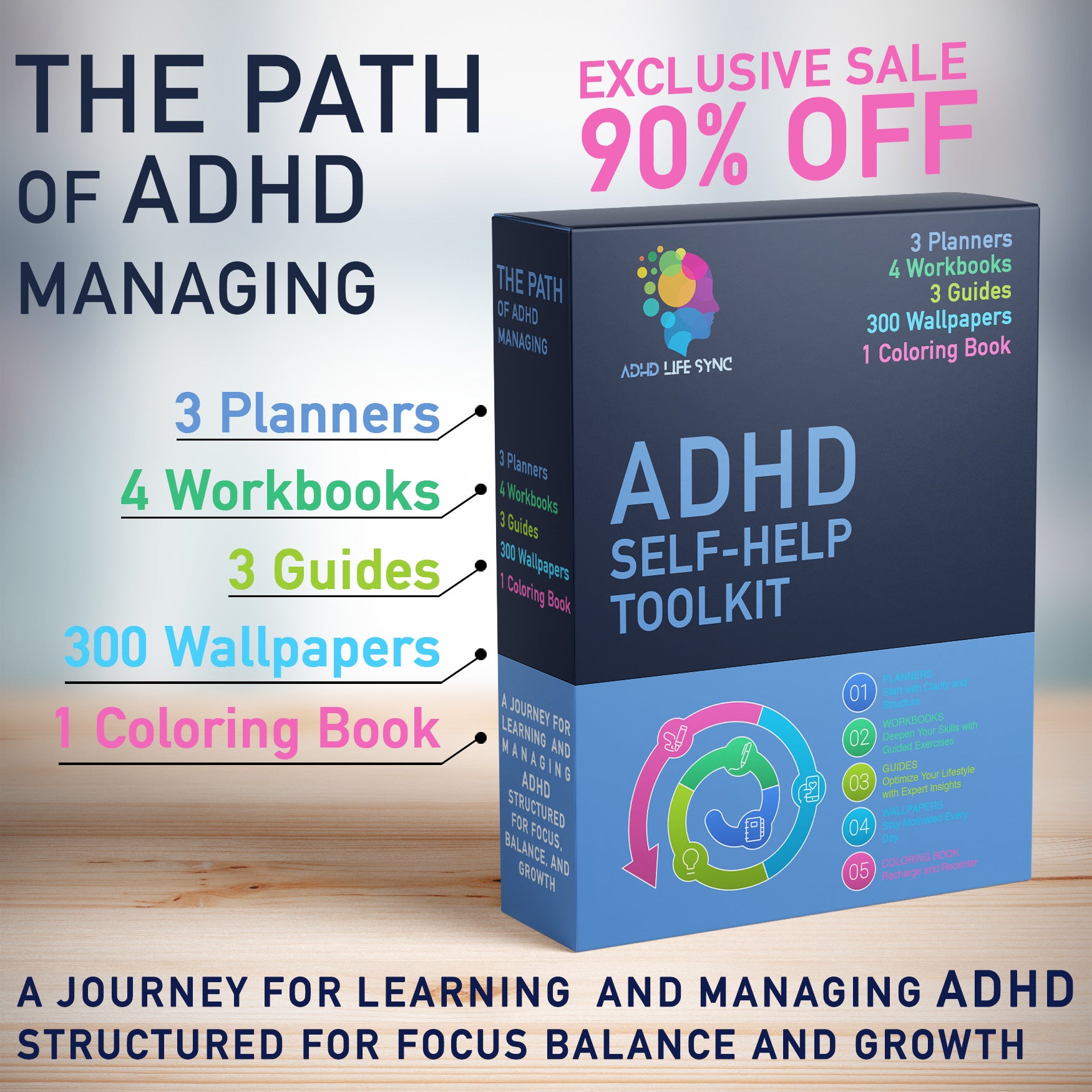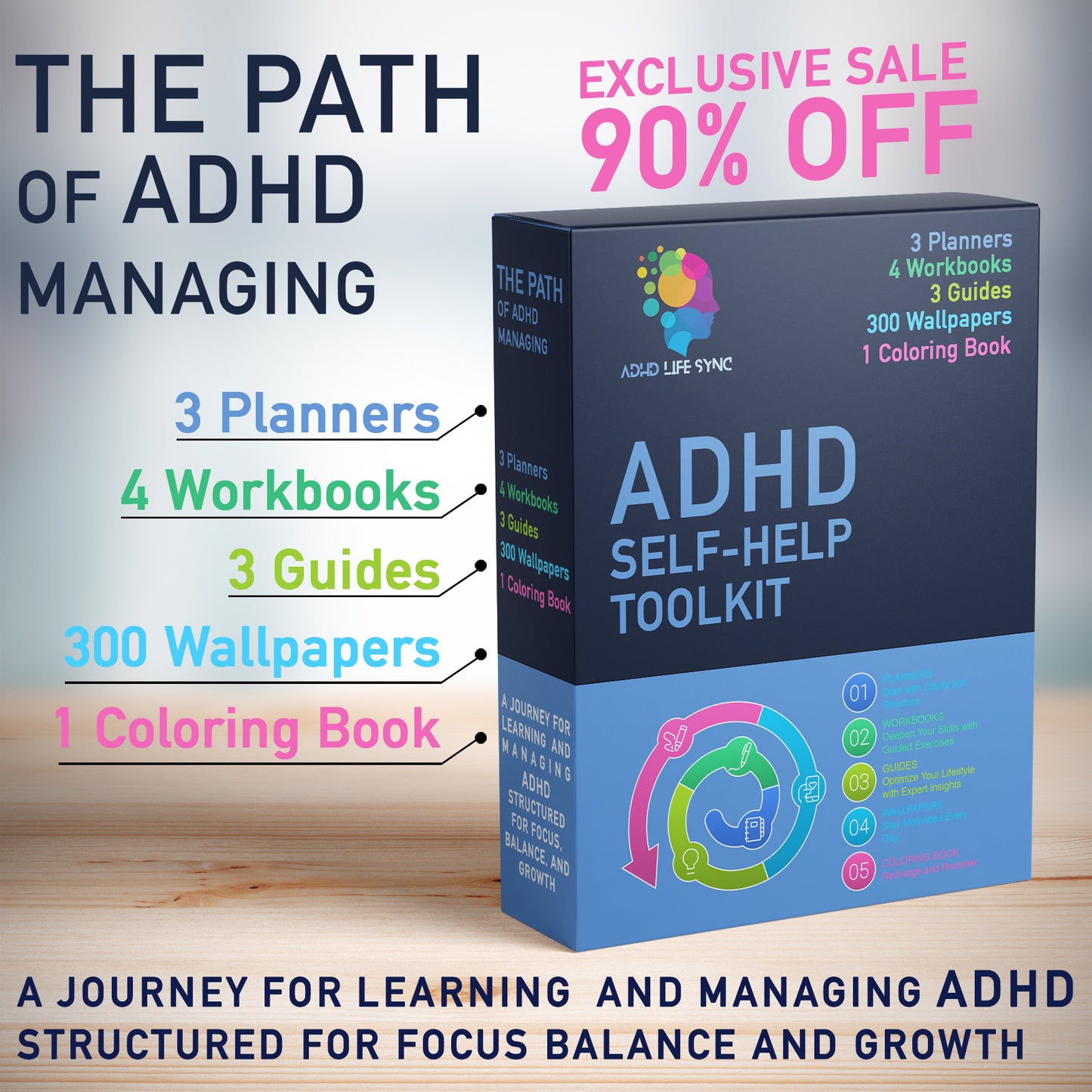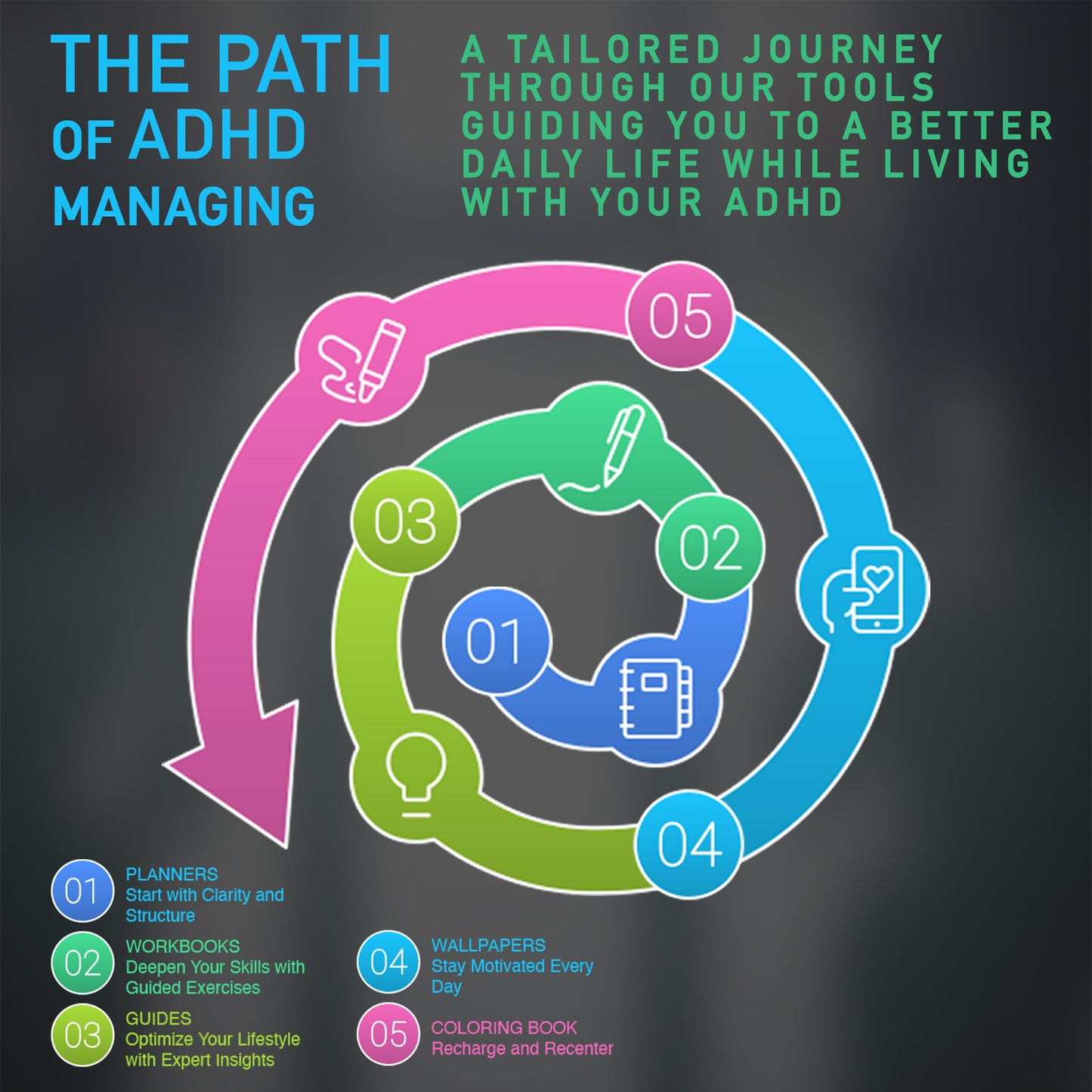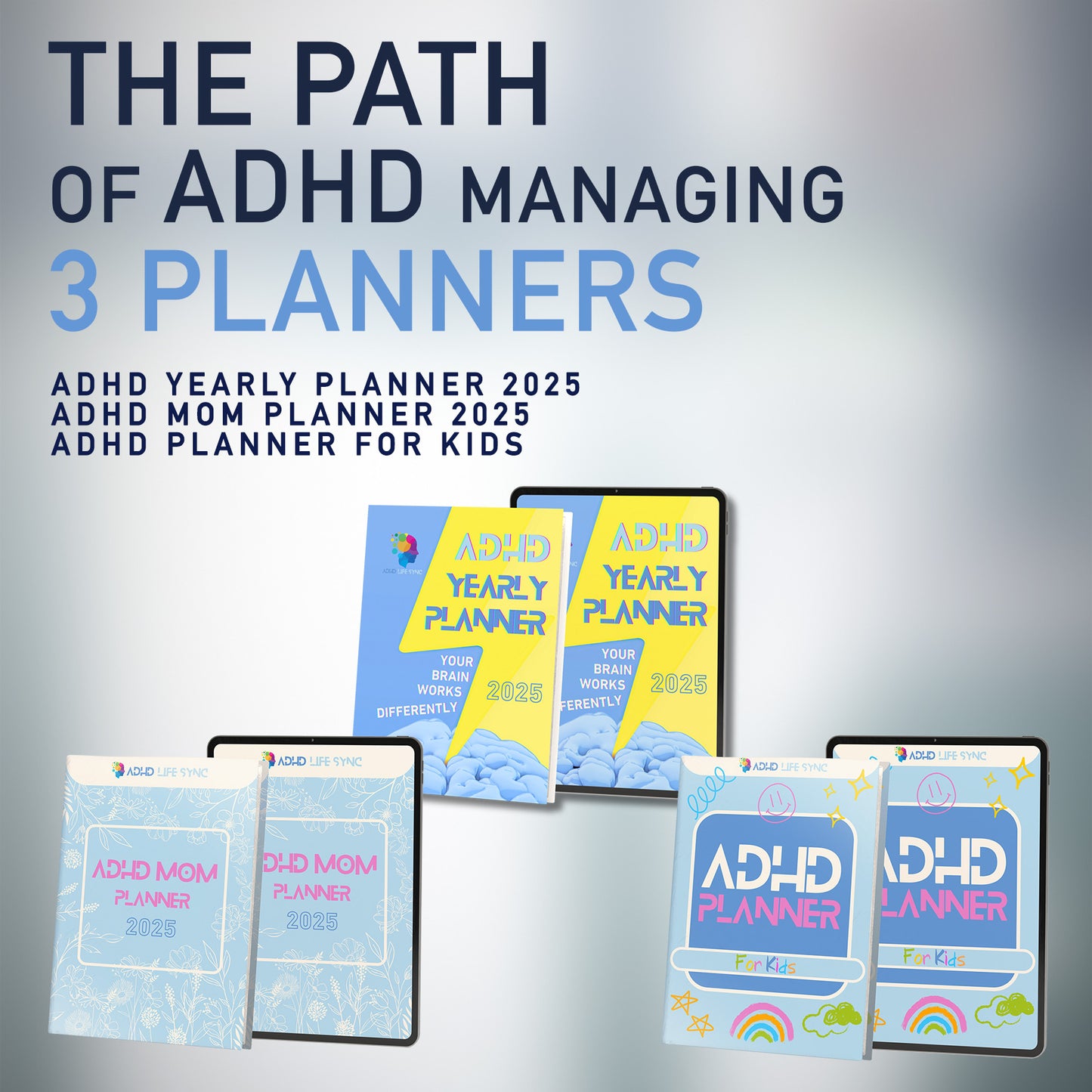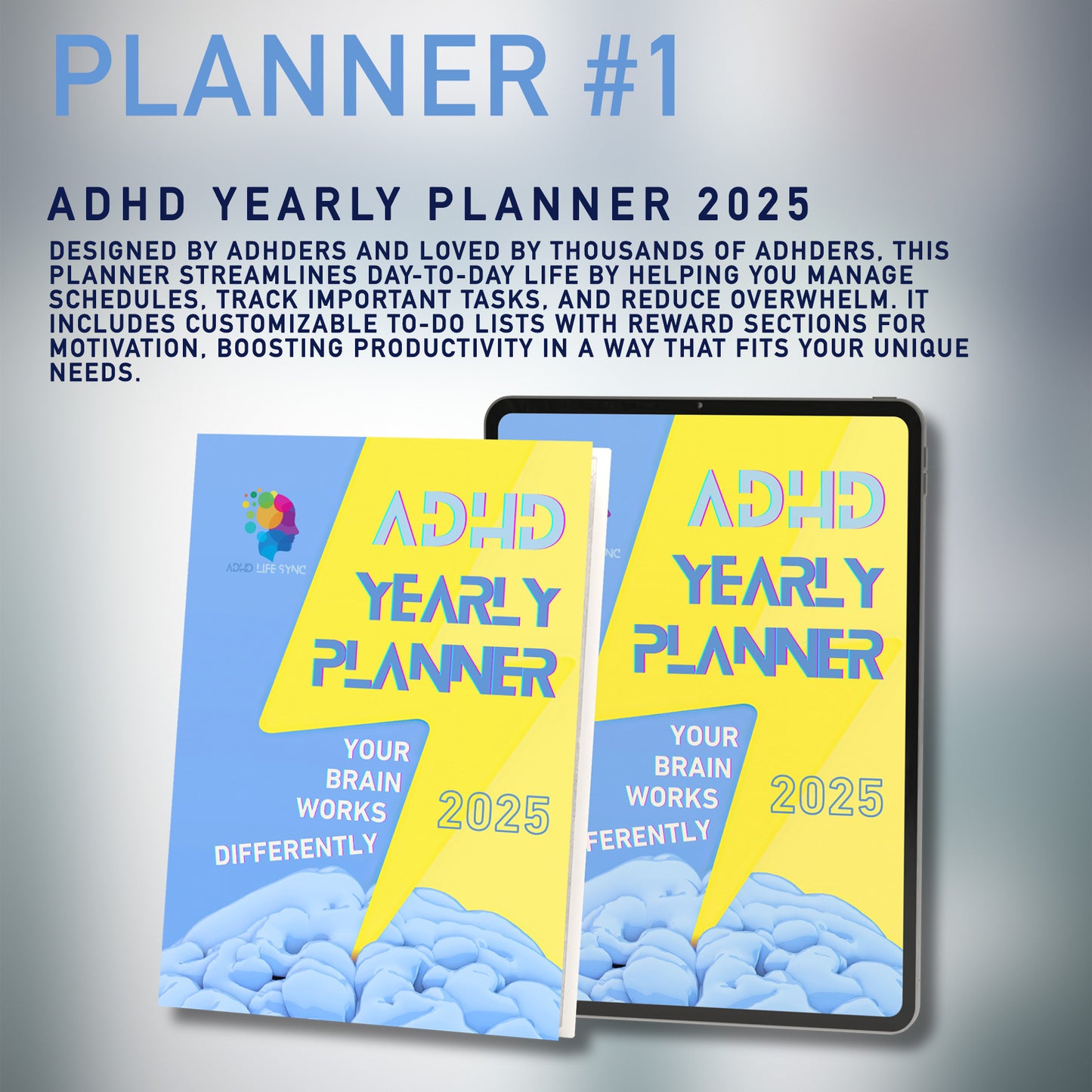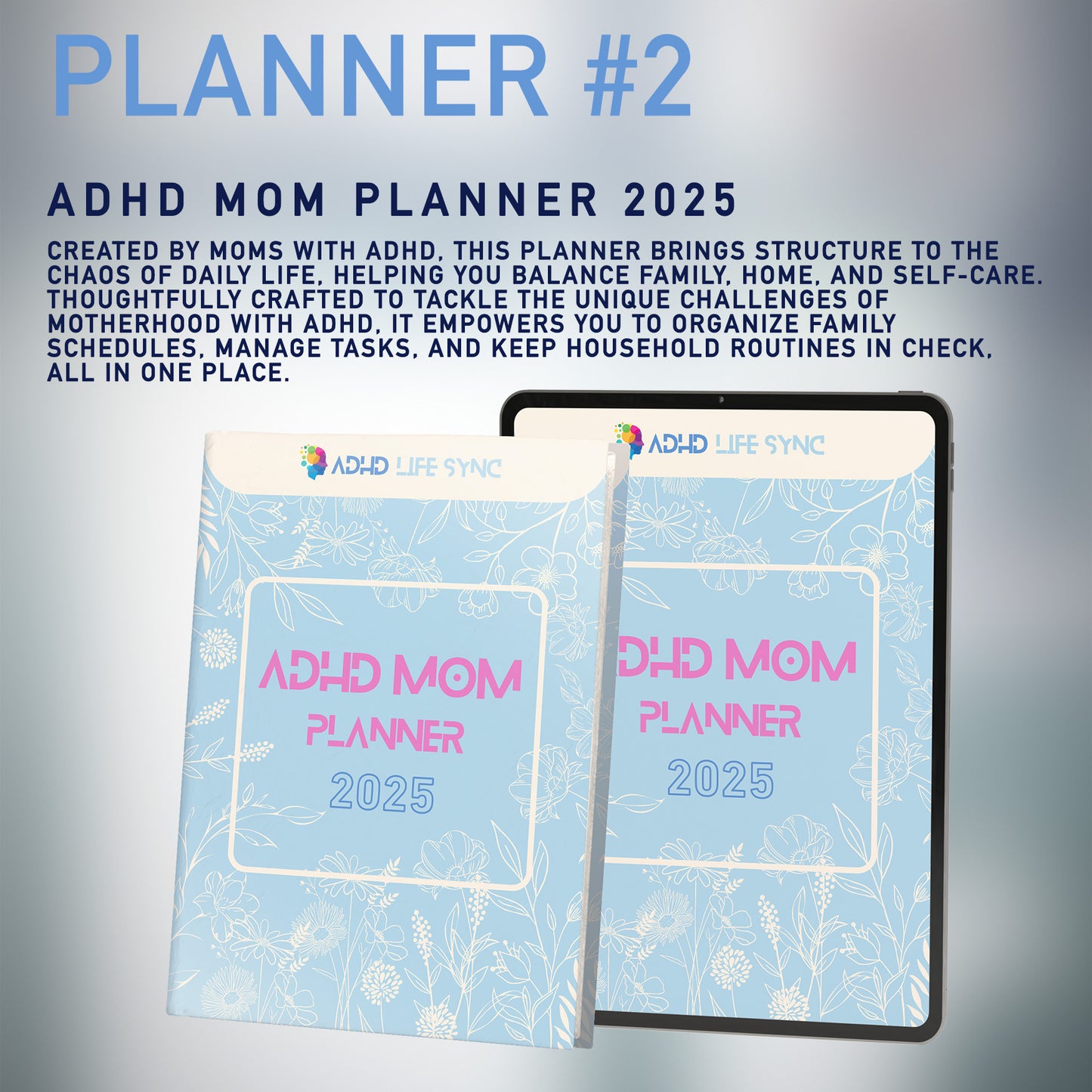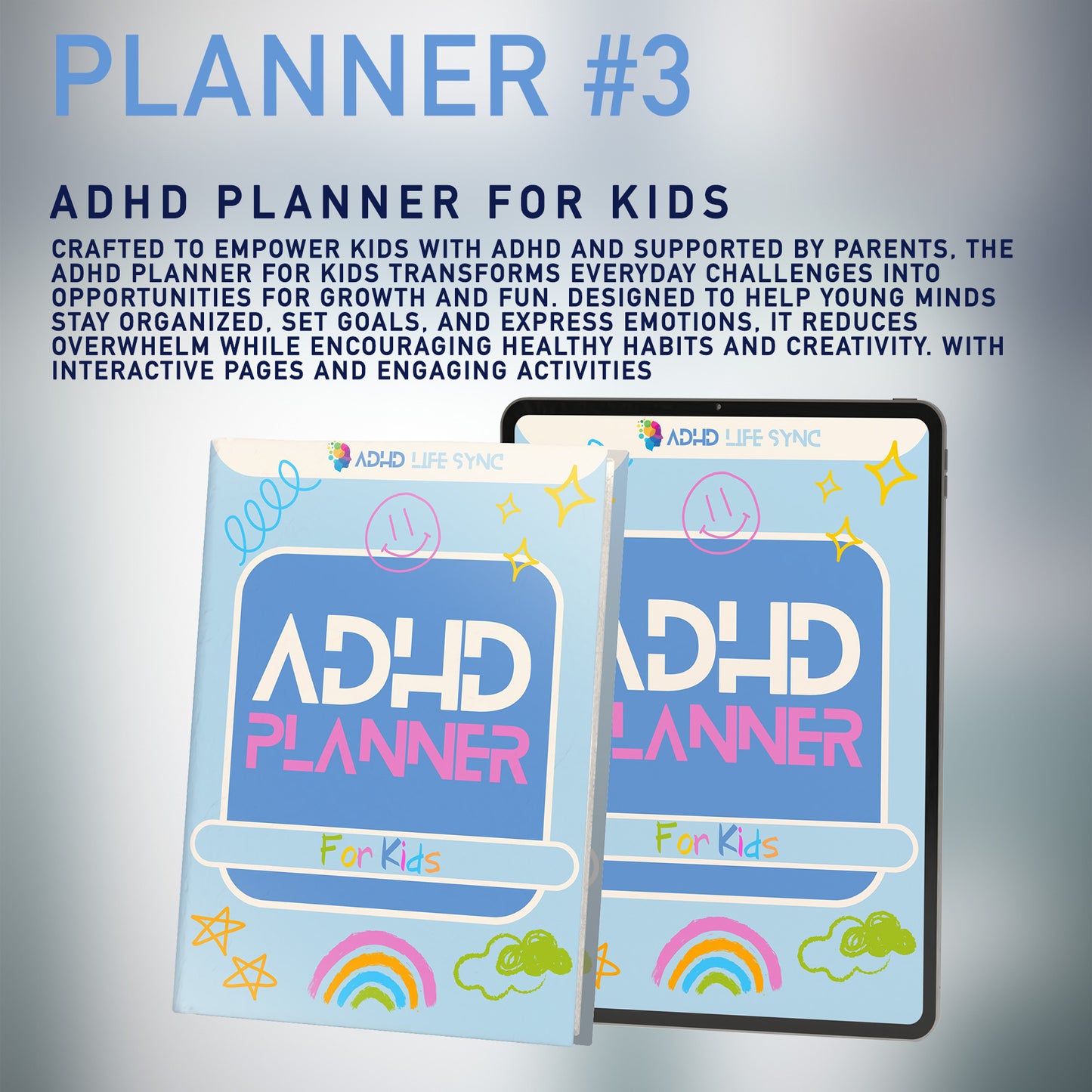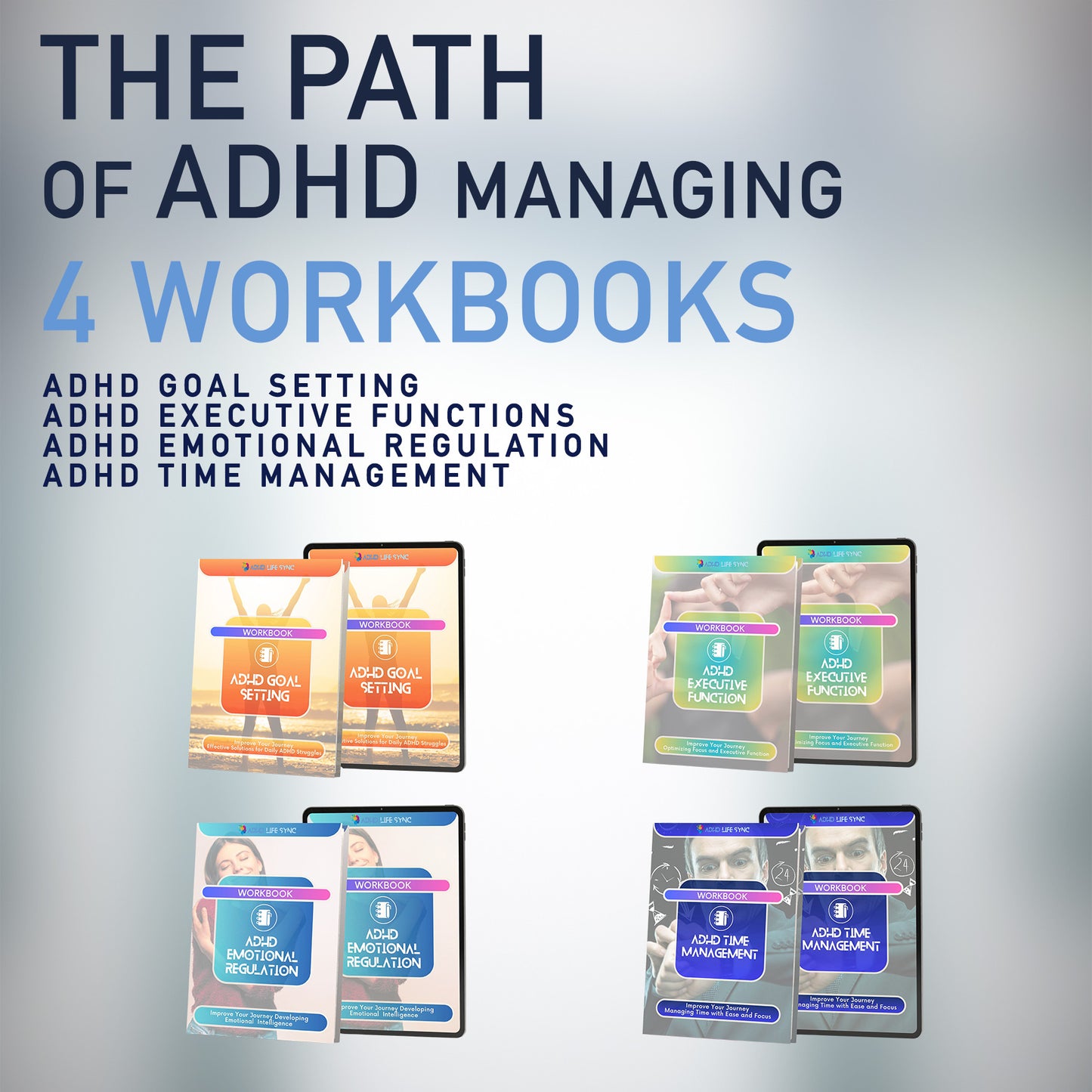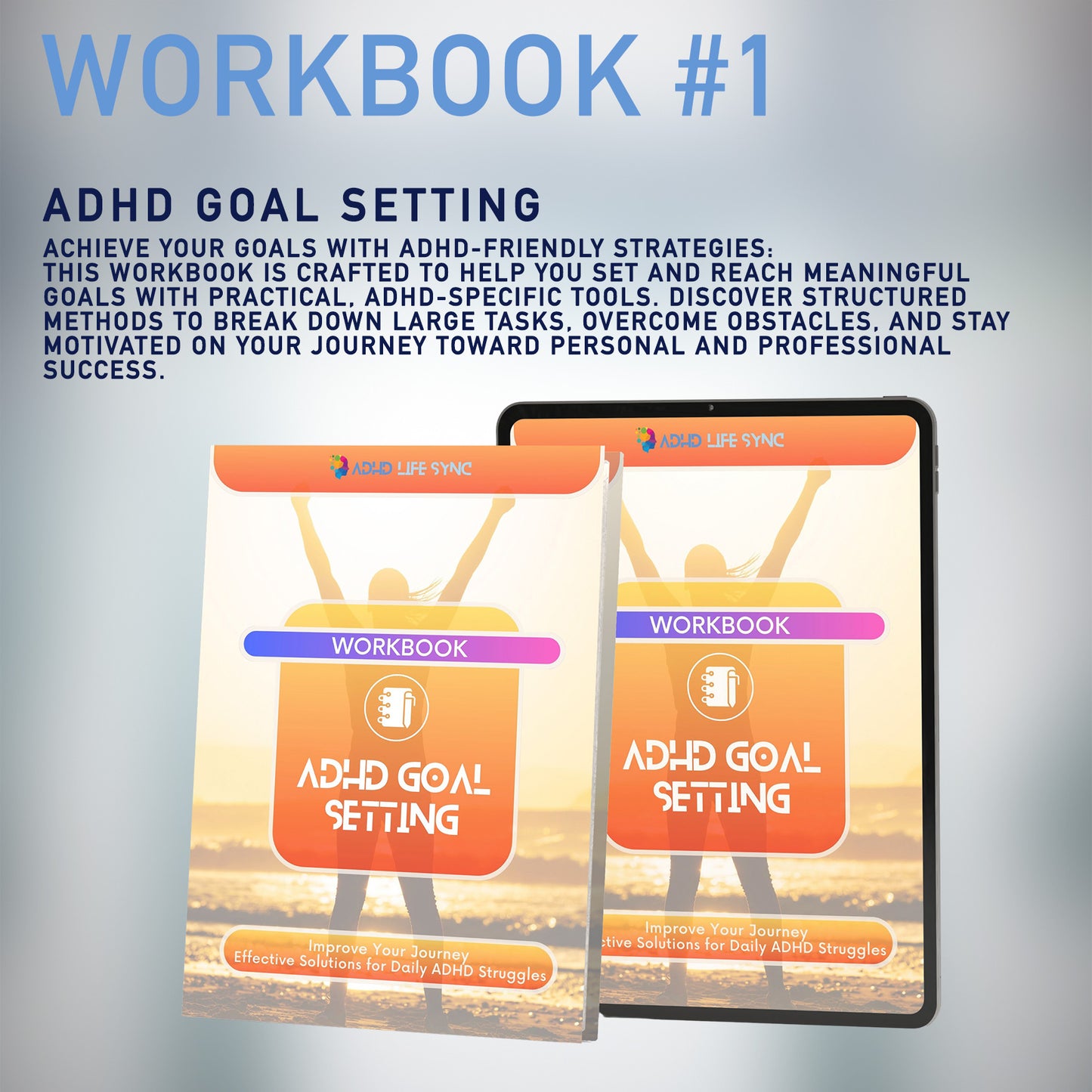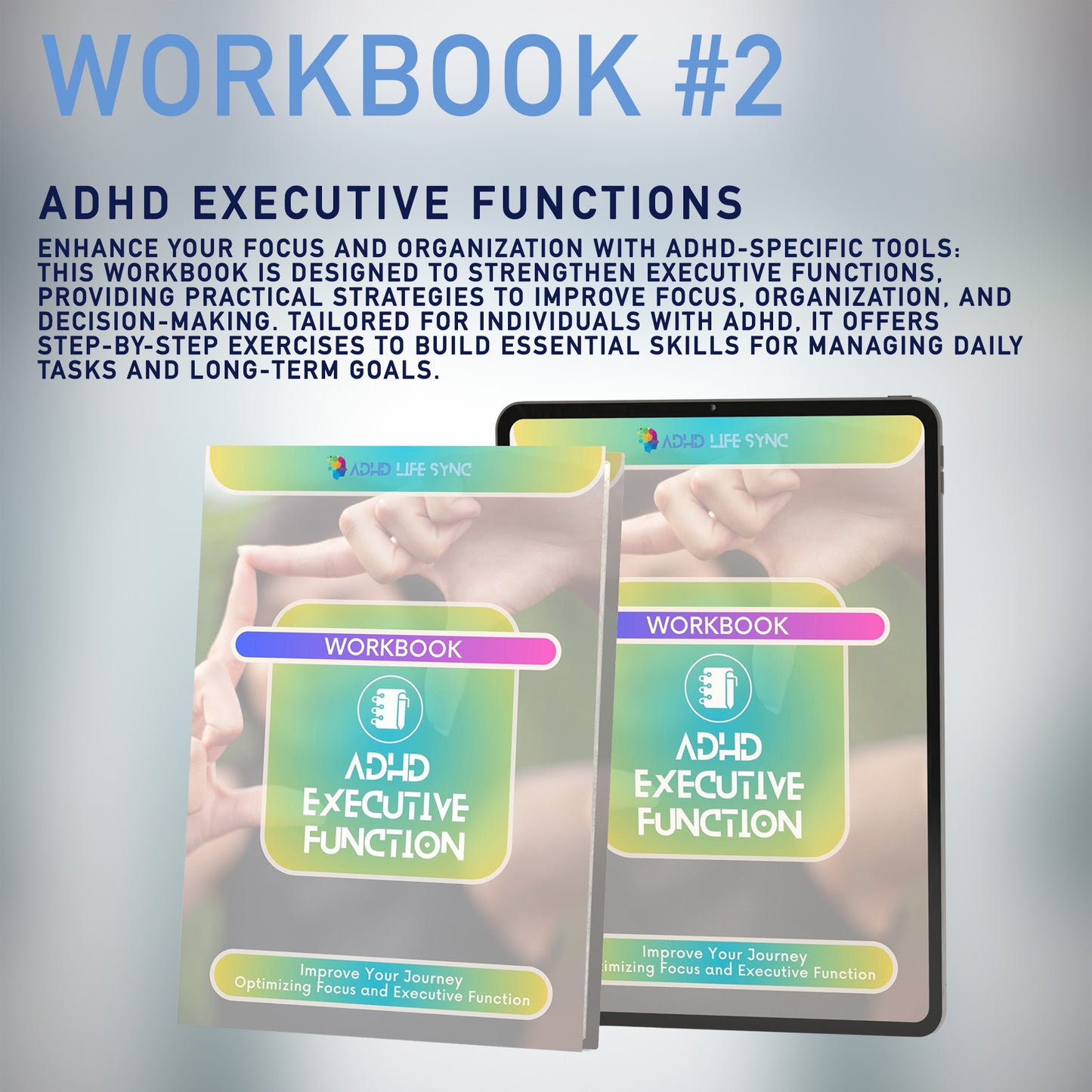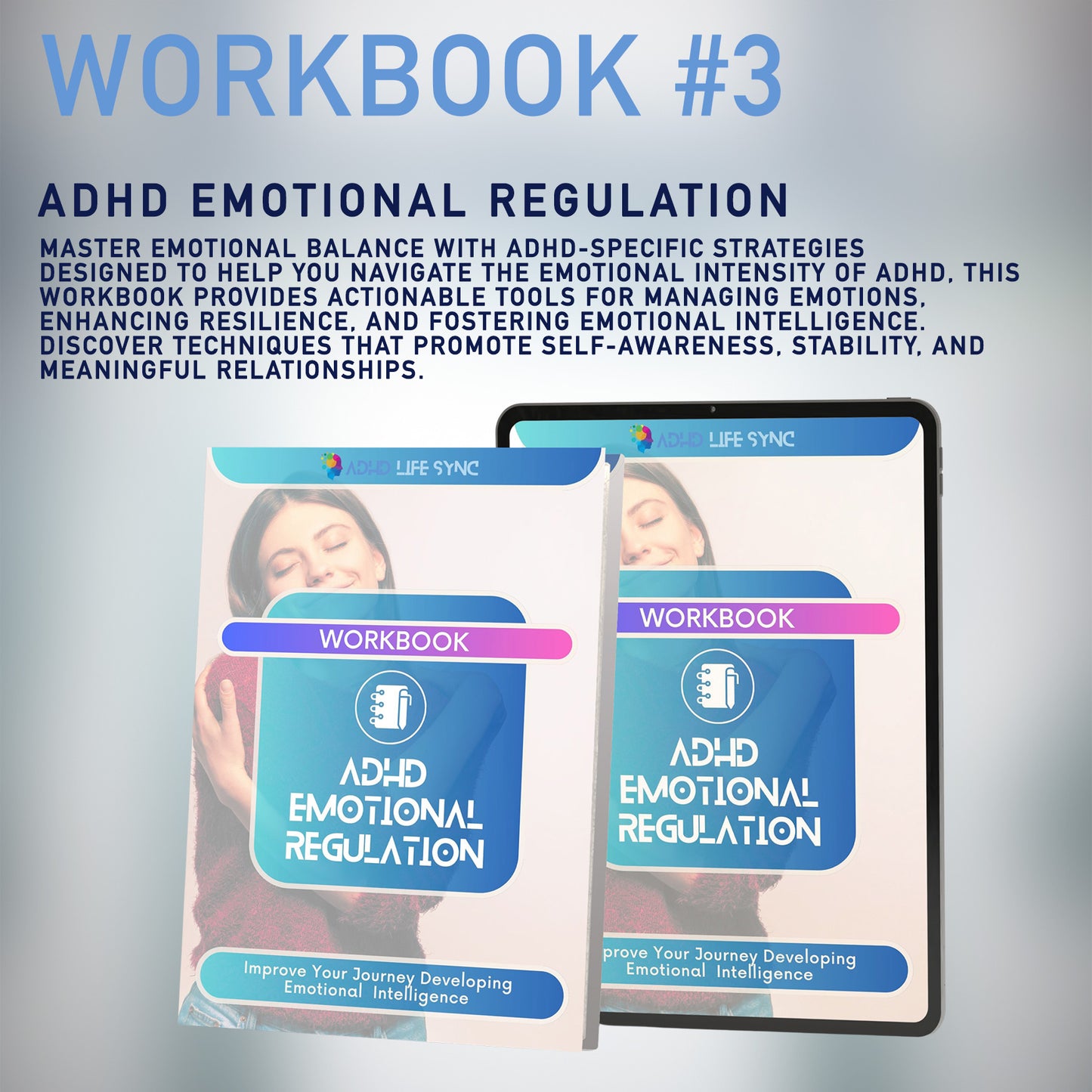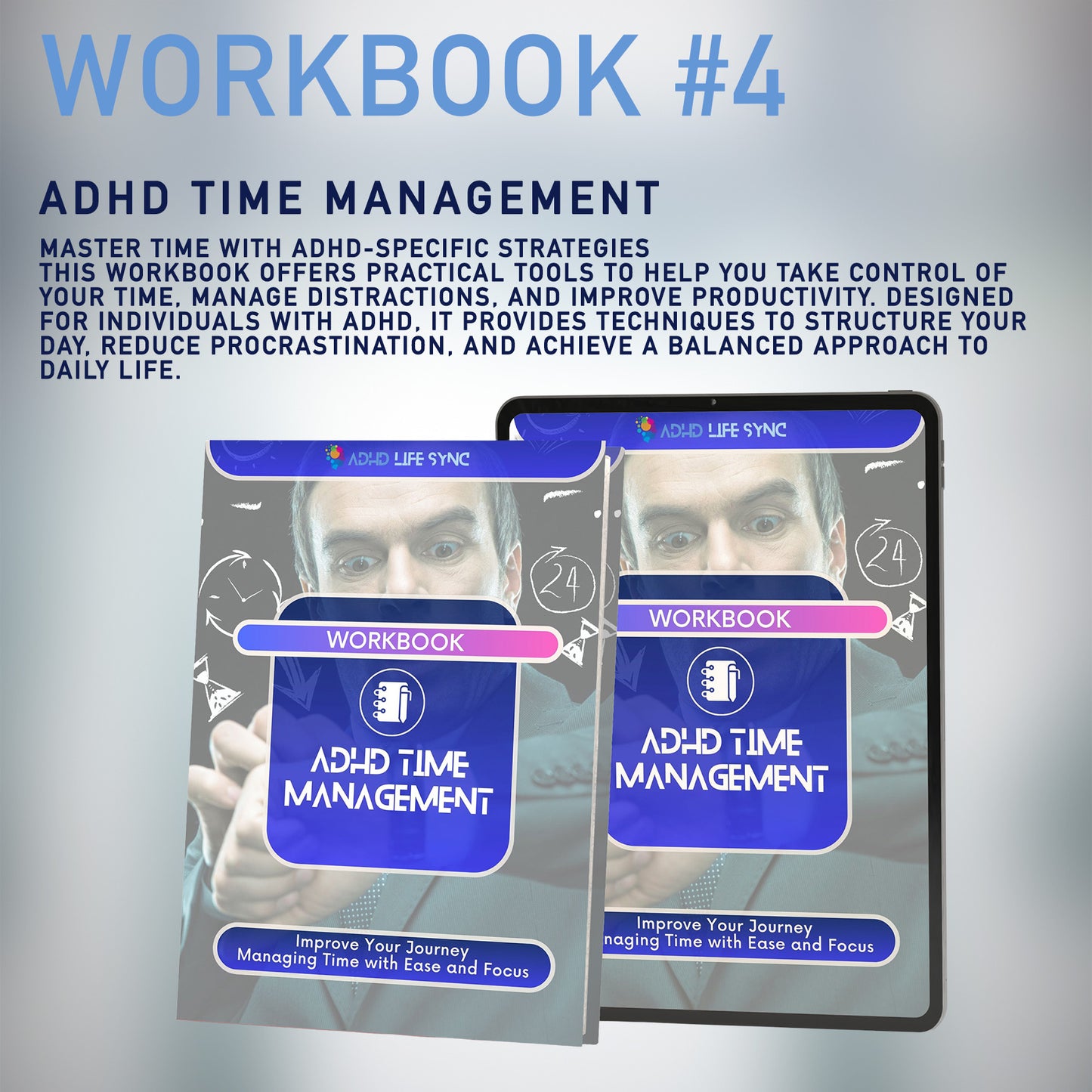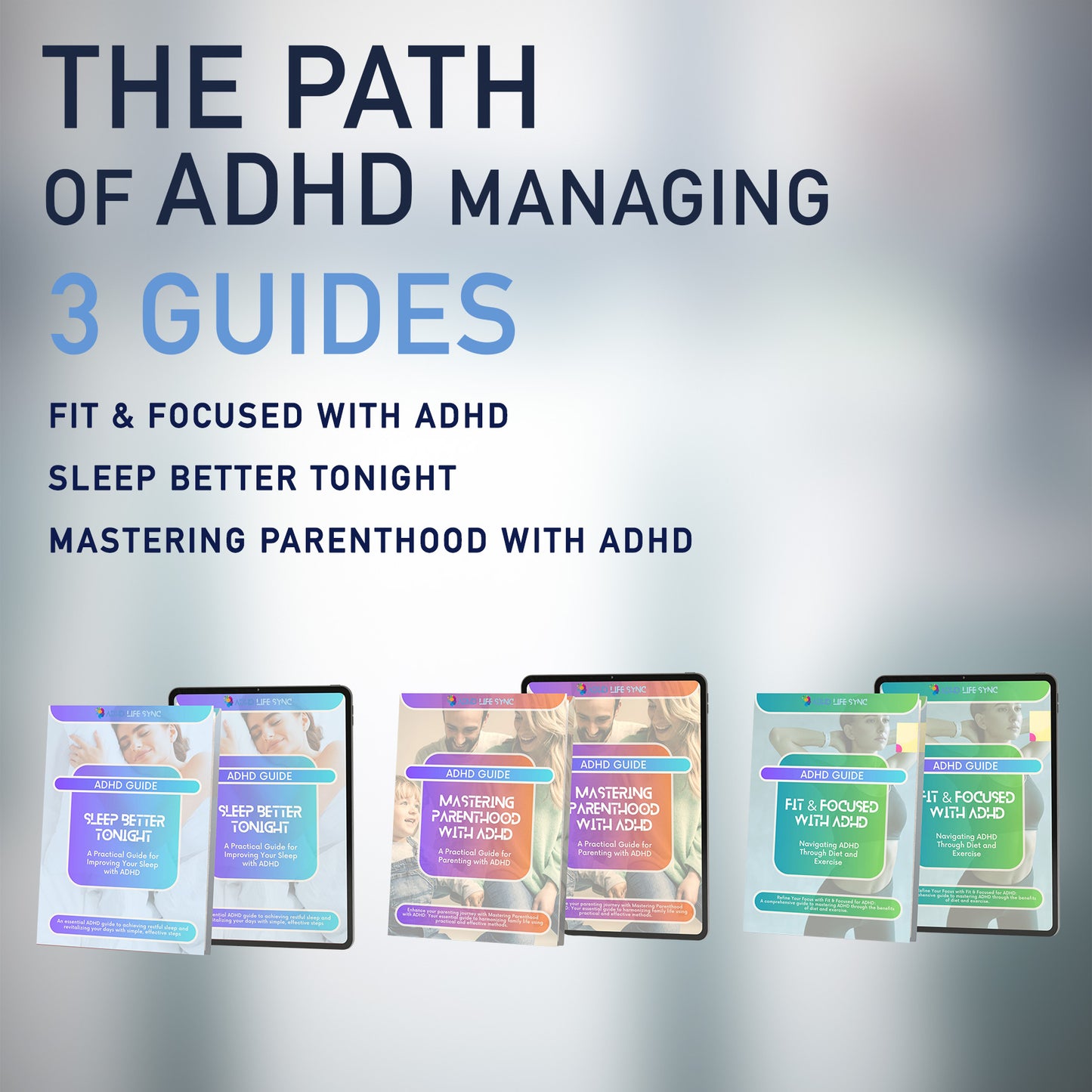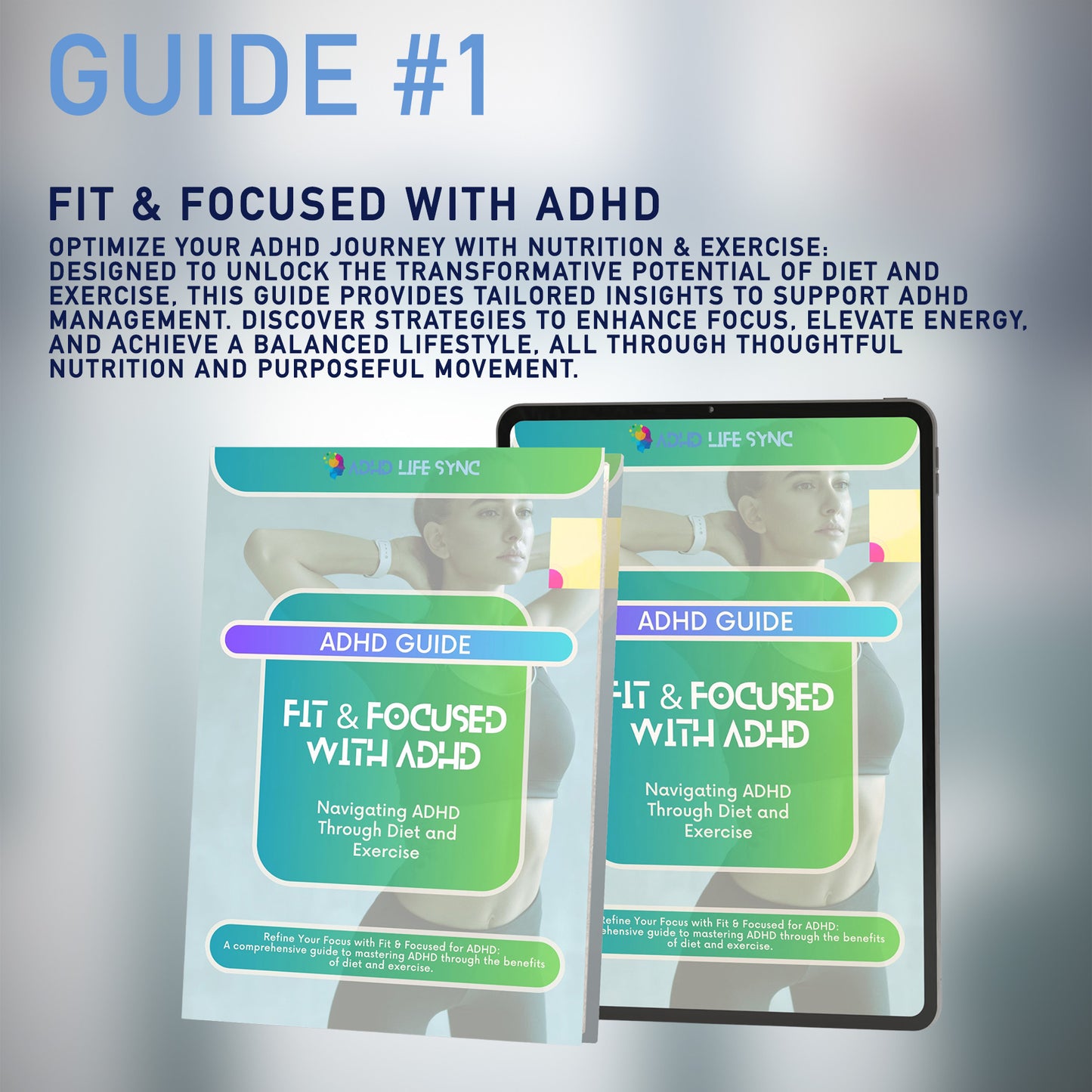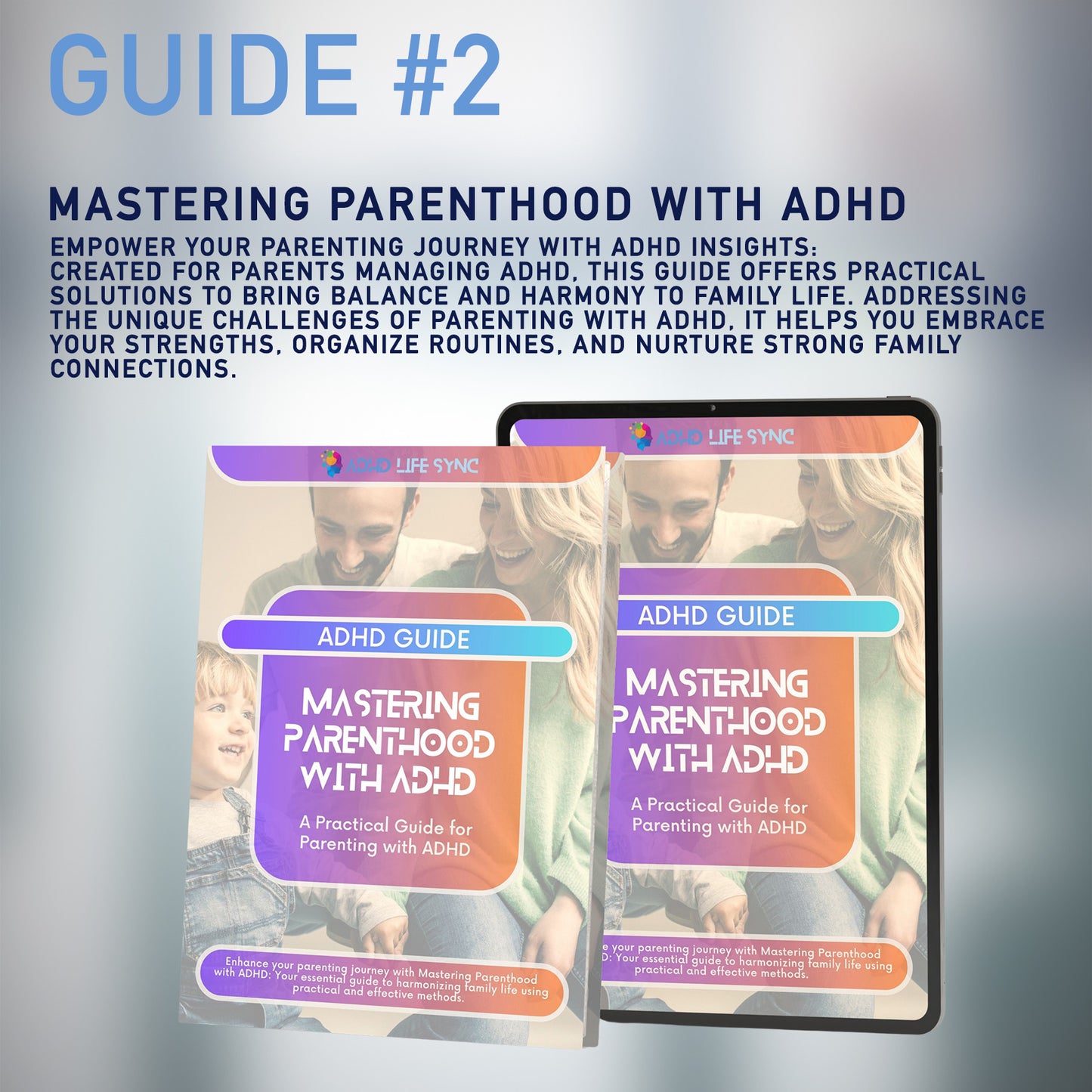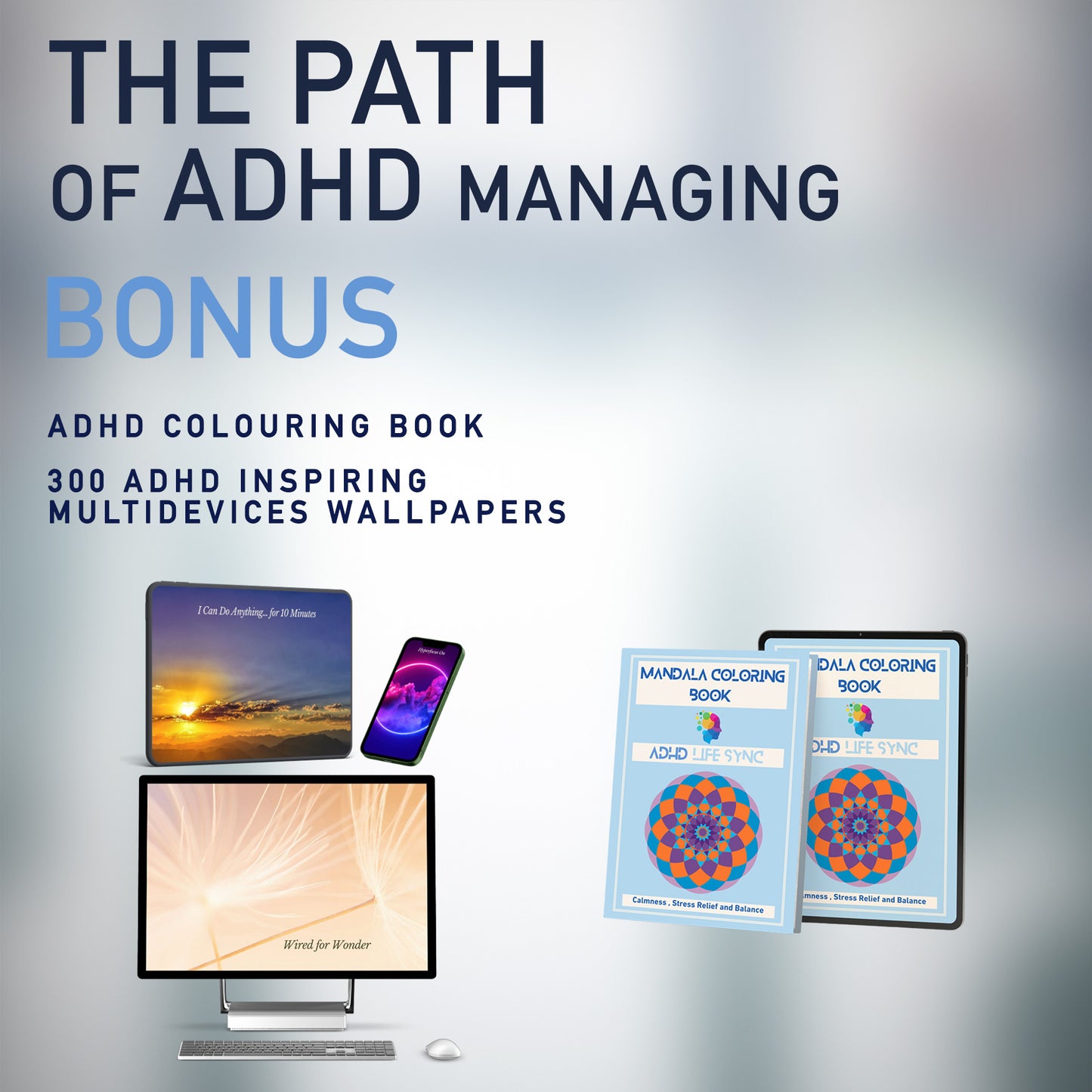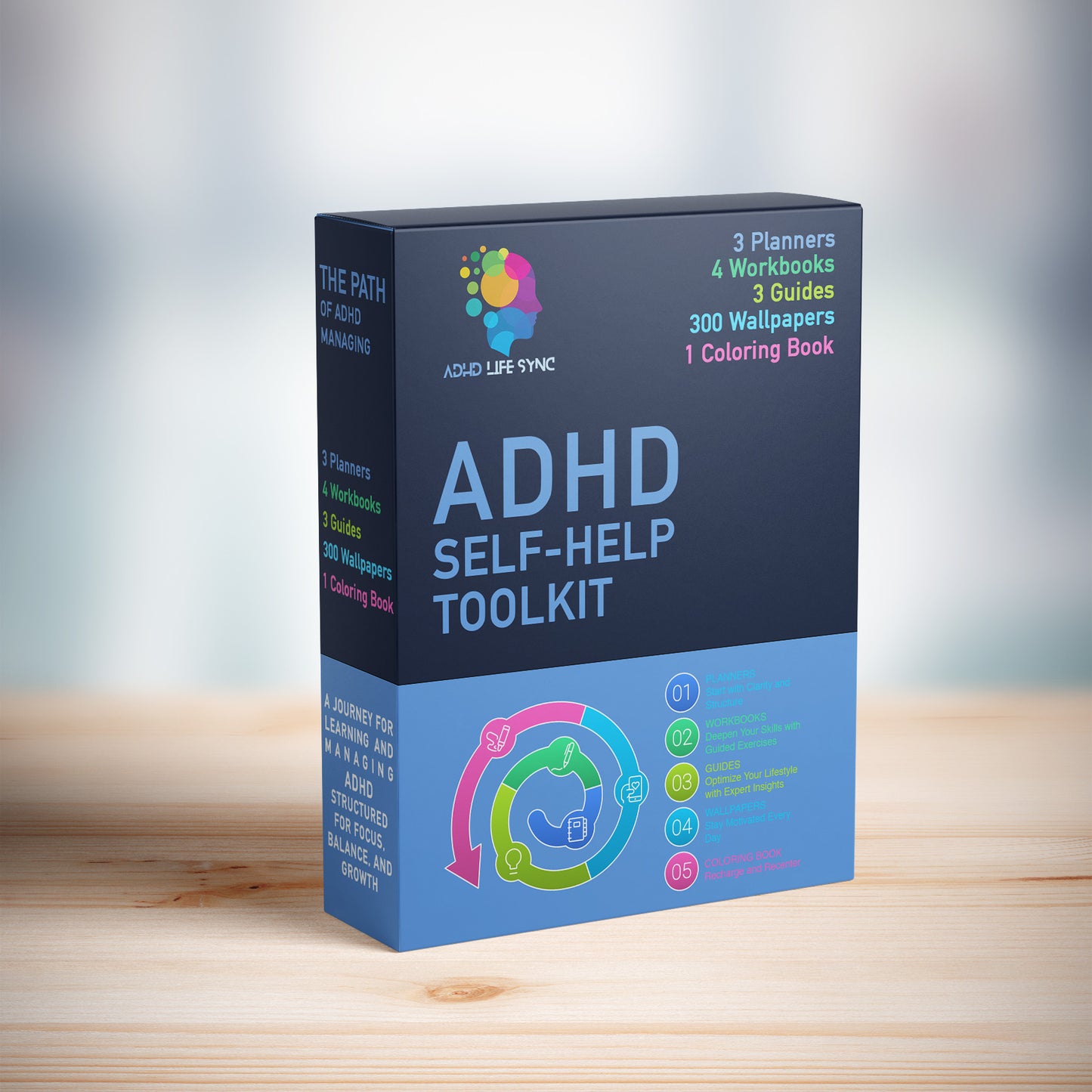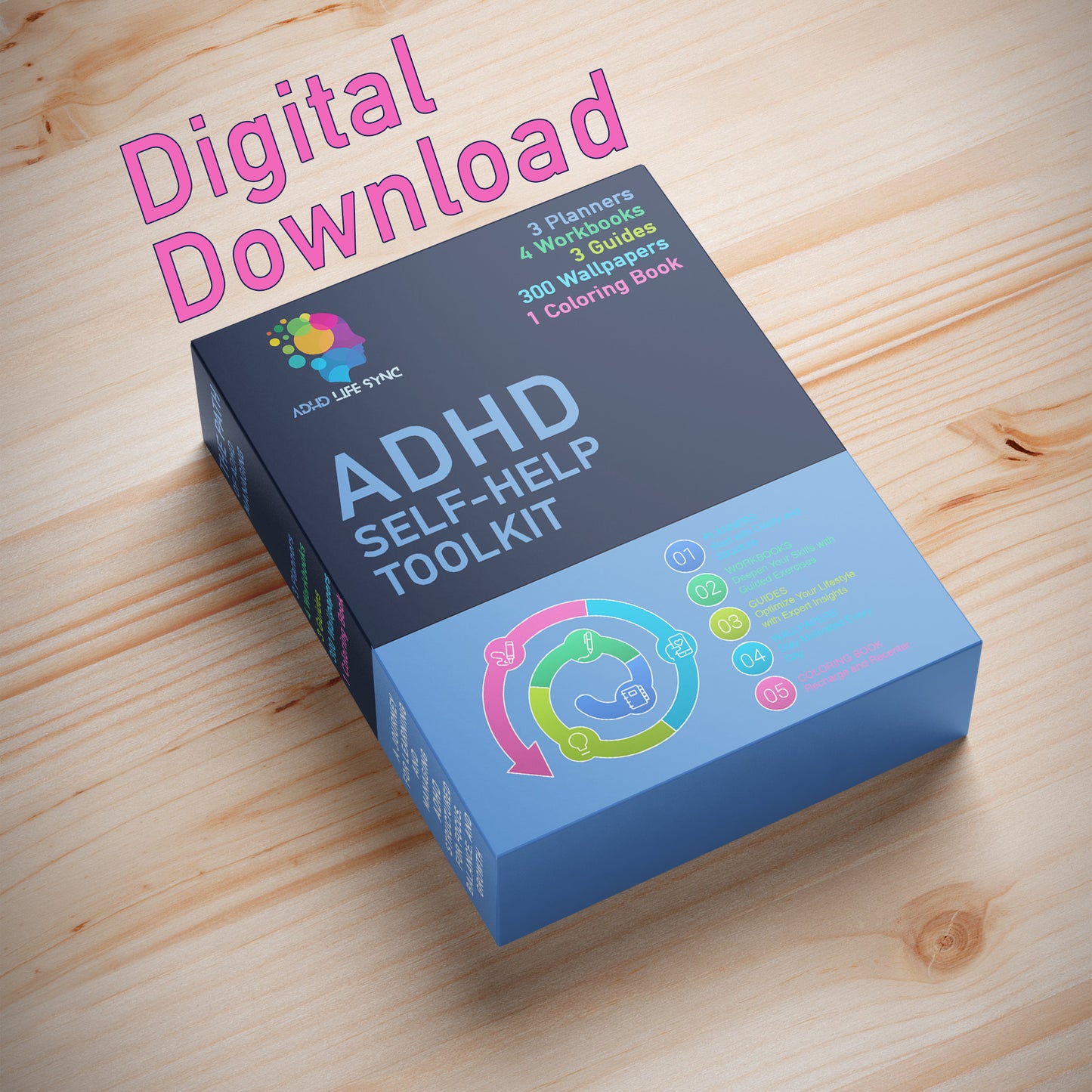
Understanding Complex ADHD: Mood Disorders as a Comorbidity
Mood disorders, such as depression and bipolar disorder, are common in individuals with ADHD, significantly affecting their quality of life and emotional well-being.
Characteristics of Mood Disorders in ADHD:
- Significant mood variations that can interact with ADHD symptoms, making emotion and behavioral response management more challenging.
- Depression may lead to increased inattention and social withdrawal, while bipolar disorder can exacerbate phases of hyperactivity.
Impact on ADHD:
- Mood disorders can aggravate ADHD symptoms and complicate the therapeutic journey, requiring an integrated and multidisciplinary treatment approach.
- Mood fluctuations can affect consistency in following treatment plans and educational strategies, necessitating ongoing supervision and support.
Management Strategies:
- Accurate diagnosis is essential to differentiate the symptoms of mood disorders from those of ADHD and to implement effective treatment strategies, such as pharmacotherapy and psychotherapy.
- Psychoeducational support for patients and their families is crucial to manage the emotional and behavioral impacts of mood disorders.
Importance of Integrated Understanding:
- Understanding how mood disorders intertwine with ADHD is crucial for developing a personalized treatment plan aimed at improving emotional stability and daily functionalit
